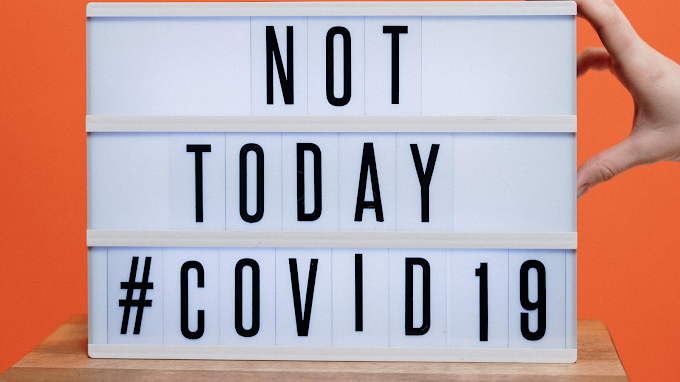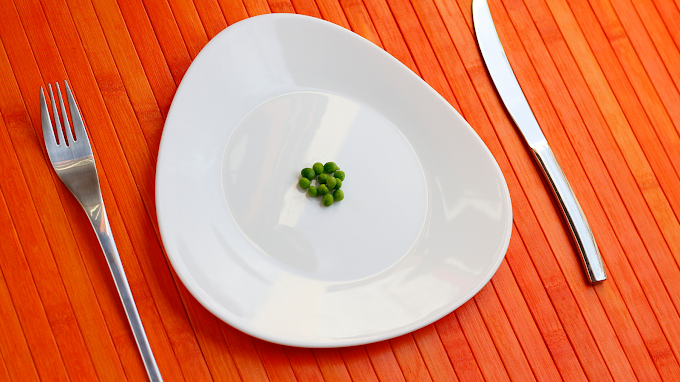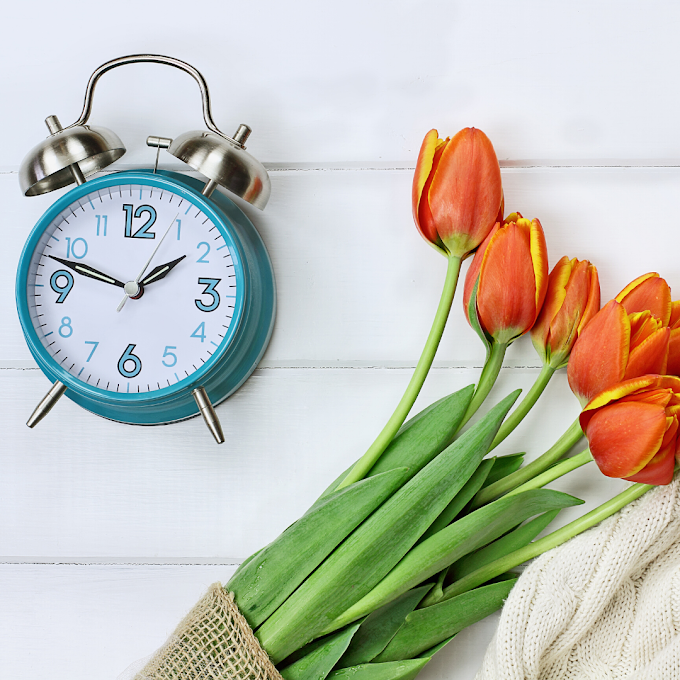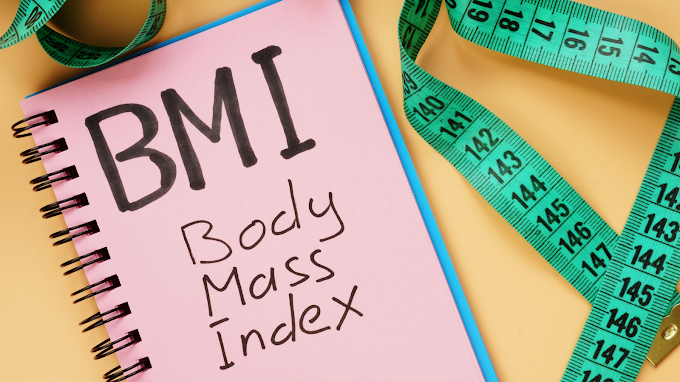(Para leer en Español haz click aquí)
Most people tend to think that the best time to work out, is early morning. Some people even wake up at 5 am and (I don’t know how) get the strength to just go for a run. But if you’re like me, you might feel stronger and with more power once the evening starts. So should you do your daily workout in the morning or the evening? Many studies cite several benefits to both times, but the best answer is the one that will help YOU get the workout done and stay consistent. So which one are you? An early bird or a night owl?
Morning Workouts
Pros
Better Sleep and Recovery
Studies have shown that those who start their workout at 07:00 are able to sleep faster at night and produce more human growth hormone, than people that workout after 17:00. This means the possibility of a better recovery.
More Chances of Consistency
When you have had a long day, you may feel tempted to go back home and relax in front of the tv or might have an event with family or friends. Therefore, fitting your workout into the evening schedule might be difficult or inconsistent.
Several studies suggest that making a habit of exercise consistently is easier when the workout is planned before the rest of the day unwinds. You’ll have it out of your way, and will be ready to start with the rest of your activities for the day, without thinking that you still have to hit the gym.
Better Choices for the rest of the Day
When you start your day making a healthy choice, your subconscious might want to build upon the healthy way in which you started your day. That means you’re more likely to make better food choices. Furthermore, because you already started your morning with a boost of endorphins, you’ll feel less stressed as your day progresses.
Cons
Poor Performance
If you’re a night owl or have trouble falling asleep early, working out first thing in the morning, might not be the best idea. Morning workouts might require you to set up an alarm, which may mean that you’re not getting enough sleep. And not enough sleep when it comes to fitness is a recipe for disaster. In fact, poor sleep alters the intensity and energy of your workouts.
Risks for Injury
Most muscle recovery happens during sleep, so if you do not have enough hours of sleep your body can’t recover properly. If your body doesn’t have enough time to recover, you could end up injuring yourself in the next workout due to exhaustion. Moreover, during morning times muscles and joints tend to be stiff due to inactivity. Exercising while you're still tired or stiff puts you at greater risk by not paying attention to your body or your environment
Inability To Add Muscle
Since your muscles use glucose to fuel weight-lifting and resistance exercises, a morning workout does not result in significant gains in either muscle mass or strength. This is because in the morning your body doesn’t have sufficient stores. Although you may have a pre-workout meal before your morning training, your body may need a few hours to refuel stores that it has used up during the night.
Evening Workouts
Pros
You won’t have to rush
In addition to being able to catch a few more hours of sleep, the rush of having to prepare a work-out snack, gym bag, lunch, and a change of clothes won’t be necessary. You’ll also be able to include nice luxuries like enjoying a full breakfast or meditation. Not to mention that you’ll be able to take your time in the shower instead of a hurried up scrub at the public showers of your gym!
You’ll be ready for any challenge
Did you know that most Olympic records are broken in the afternoon?... No kidding!
This could also be a result of our body temperature being at its peak later in the day. In the morning, your muscles and joints are not ready yet for a heavy workout as they still need stretching and warming. However, by the time the evening comes, you’ve at least stretched out your limbs by walking around all day. Furthermore, your glycogen stores are full and ready to give you the necessary fuel to lift heavier and jump higher!
Take away the stress of the day
Had a bad day at the office? Had a fight with your significant other? Train it out. Although it was mentioned before that waking up early to work out could improve your mood for the rest of your day, we can’t control everything. After a long and rough day, a workout can have a big effect on blowing off steam and de-stressing. Intense workouts can take a lot of mental power and you can channel all the anxiety accumulated during your day to push through.
Cons
You might be tempted to bail
If you’re tired and had a long day, sometimes the last thing you will want to do is more work. It might be just too easy to find more excuses to ditch your workout and go home to watch Netflix.
It might be harder to Fall Asleep
For some, training in the evening might be just what they needed to have a good night’s sleep. However for others, working out spikes their metabolism, adrenaline, and stress hormones. Which means that they might be prevented from getting a night of good quality sleep.
Fewer Machines and Options
Above I have mentioned that working out in the evening allows you to have a nice long shower at home without hurrying up and having to share space with others. But you know what you’ll have to trade that for? Taken machines, full classes, and fewer options. Running or cycling at night might be unsafe due to the lack of light and possible creeps. Most gyms are fuller at night and having to share equipment with others or waiting for your turn might be more likely. Not to mention, your favorite Zumba class (with me!) might be already full.
Verdict: Do what works best for you
There is no right or wrong answer. Some prefer to work out in the morning and as long as they can stay consistent, the benefits might even outweigh all cons listed. The same goes for afternoon exercisers. The best time is the time that will help you stay motivated and be consistent with your training. If you don’t enjoy waking up early, or you’re almost dragging to the gym as soon as your day finishes, it won’t be a sustainable practice.
Remember that just like diets, there’s no ‘one size fits all’. Listen to your body and work towards your goals accordingly!














0 Comments